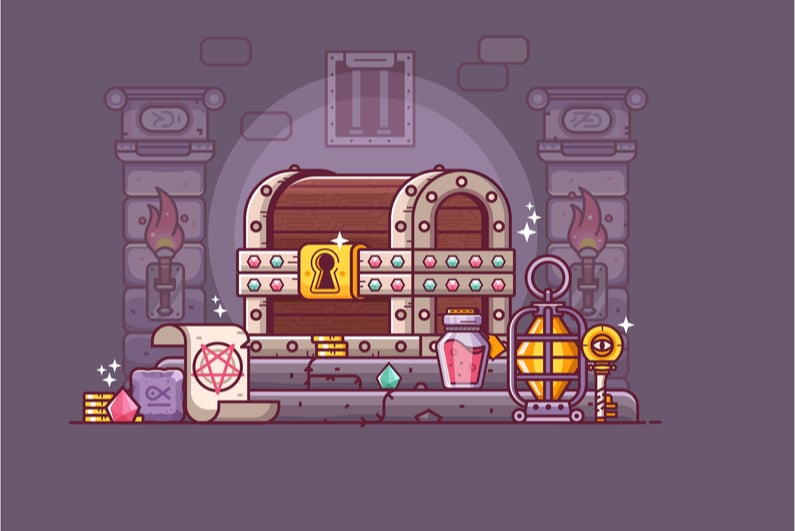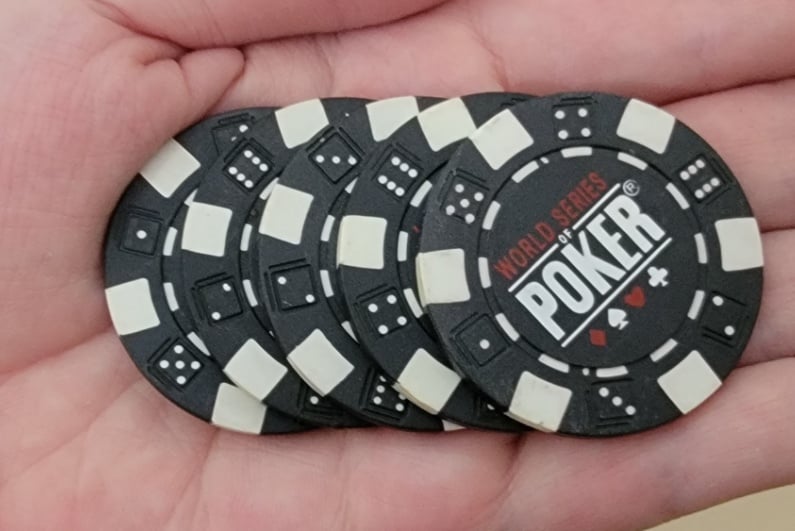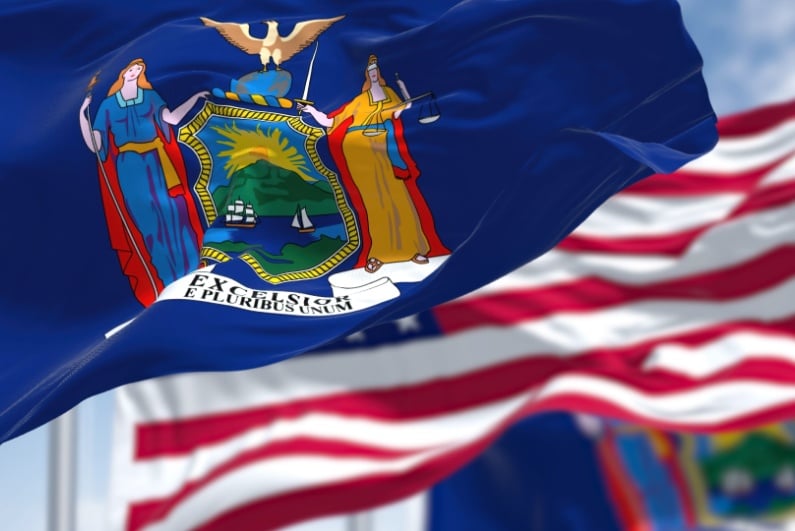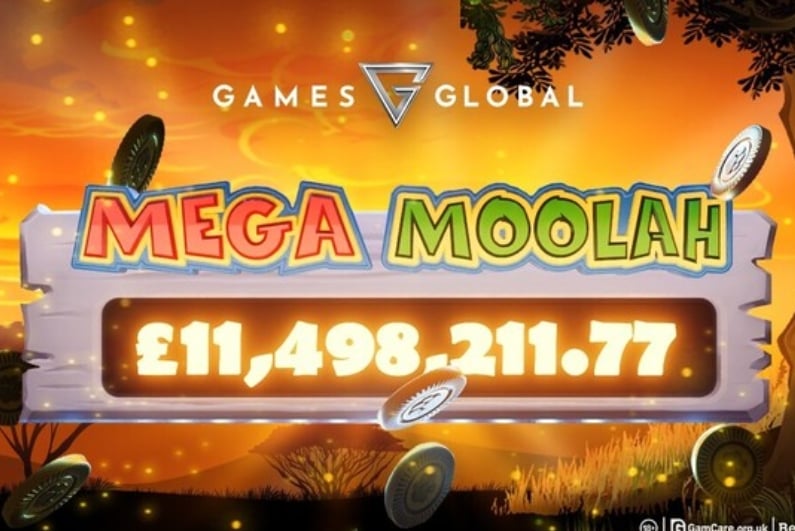Summer workshop to kickstart process
The US Federal Trade Commission (FTC) has announced it will open an investigation into loot boxes, the controversial in-game purchase that has been likened to gambling. It will kickstart the process by holding a workshop on the matter on August 7.
The FTC says the workshop, which has been titled “Inside the Game: Unlocking the Consumer Issues Surrounding Loot Boxes,” will be similar to a public forum. The aim of the event is to examine a number of issues pertaining to loot boxes, including the question of whether they are a form of gambling.
The commission hopes to draw a range of stakeholders to its event. These will include industry representatives, government officials, consumer organizations, trade associations, and academics. It is also calling for other interested parties to come forward.
The workshop will be open to anyone because the FTC is keen to draw on the widest range of views. Any members of the public can submit their own suggestions for discussion topics, share their opinions in advance, or suggest potential participants.
Anyone will be able to view the event via a webcast on the FTC website or in person.
Three major topics
The FTC has yet to publish its full program for the workshop, but it outlined three key areas of interest in its announcement.
- The in-game transaction landscape, including the origins and evolution of loot boxes and their role in gameplay and the digital marketplace;
- Research examining consumer behavior, including child and adolescent behavior, in the context of video games and digital transactions; and
- A discussion of consumer awareness and education about in-game digital transactions, including the mechanics, marketing, and financial commitments associated with loot boxes.
It is also expected to raise the question of whether loot box purchases need to be regulated.
Long-running controversy
Loot boxes are a form of in-game purchase for video gamers. The boxes can contain items that can help you advance in the game, such as weapons or armor. They may also contain rare items with a high in-game value. But they could also hold mundane items, such as options to customize a player’s avatar.
In Europe, loot boxes have caught the eye of the gambling regulators in several countries. At heart is the issue of whether buying loot boxes is a form of gambling because of the randomness of the contents. This rests on the premise that the gamer doesn’t know what is in the loot box until it has been opened.
According to regulators, this makes loot boxes a game of chance.
Some European countries have already banned loot boxes for being a form of gambling. Belgium ruled that they are illegal and took action against four games in 2018. In some instances, the game manufacturers have since withdrawn loot boxes in Belgium.
In the Netherlands, the regulator determined that loot boxes violated the country’s gambling laws and ordered game producers to get their house in order within eight weeks or face the consequences – hefty fines, or even a ban on the sale of a game.
“More research needed”
Other countries are keeping an open mind – for now. The regulator in France, ARJEL, concluded that loot boxes do not constitute gambling. It did state: “Loot boxes could qualify as gambling if the generated item has a real-world monetary value.” But as loot boxes can’t be cashed in outside the game, the regulator argued that they could not be considered gambling.
The UK Gambling Commission agreed. Its Young People and Gambling report last November noted the impact of loot boxes on young gamers but concluded only that more research was needed. The UKGC surveyed nearly 3,000 11 to 16-year-olds, of whom 31% said they had bought a loot box in the previous 12 months.
However, the report noted that parents were likely to have made the purchase with real currency, making it harder to regulate and protect children. It stated that buying lottery tickets and scratch cards creates a higher risk of becoming a problem gambler.
Game developers fear crackdown
Industry associations for game developers, such as the International Game Developers Association and Entertainment Software Association, want to be able to continue self-regulation. Some of the better-known producers disagree that loot boxes are akin to gambling.
Electronic Arts (EA) CEO Andrew Wilson said: “We don’t believe that FIFA Ultimate Team or loot boxes are gambling, firstly because players always receive a specified number of items in each pack and secondly we don’t provide or authorize any way to cash out or sell items or virtual currency for real money.”
EA has been threatened across Europe with fines unless it removed loot boxes. In January it backed down from a fight with the Belgian regulator.
And Epic, maker of the popular game Fortnite, was hit with a lawsuit in March by angry parents who claimed the game was “predatory.” The lawsuit stated: “[The] Plaintiff, like hundreds of thousands of consumers, fell for Epic’s deceptive sales practices and purchased Epic’s Llamas hoping for rare and powerful loot. [The] Plaintiff did not receive that desired loot and never had a realistic chance of doing so.”
Loot boxes provide game developers with an easy income stream from players once they are drawn in. They are unlikely to give in easily to widespread bans and regulation in order to preserve that cash flow from micro-payments.
Therefore, regulators the world over will be watching the outcome of the FTC’s workshop with interest.




